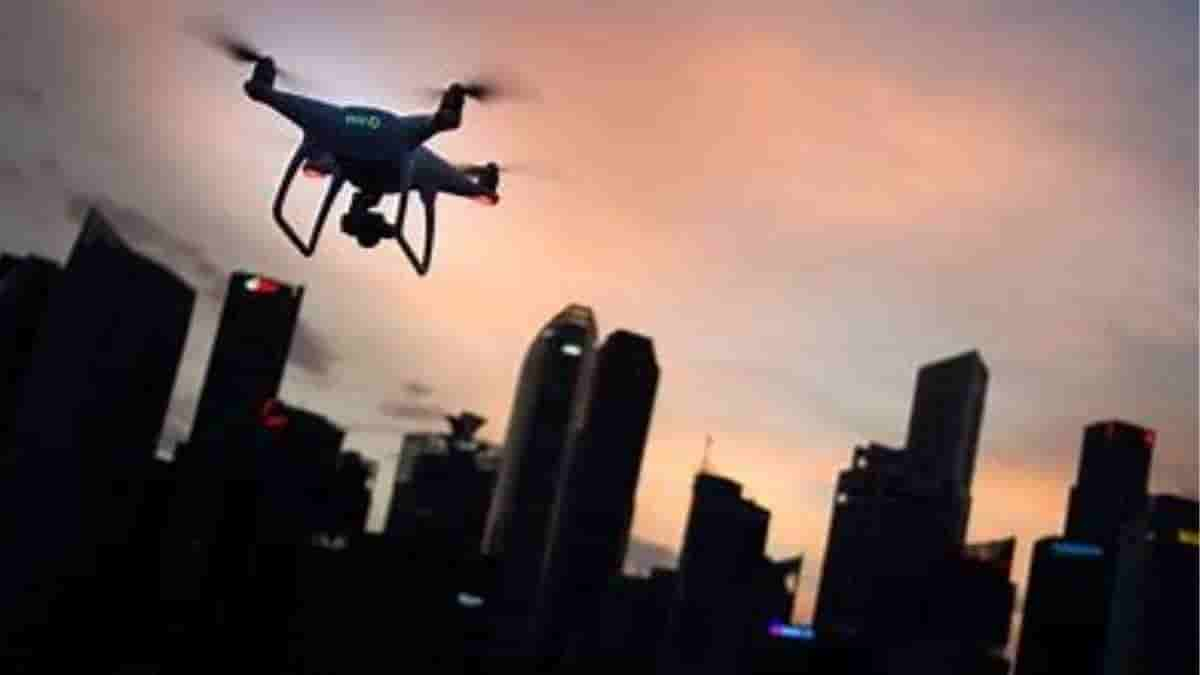Prime Minister Narendra Modi’s vision to make India the world’s drone hub

Drone Services were launched under the guidance of PM Modi’s vision to make India the world’s drone hub. Govt of Arunachal Pradesh is also to conduct a pilot project of using drones in healthcare, agriculture, and disaster management in collab with the World Economic Forum.
The national government has relaxed drone laws to turn India into a significant drone center by 2030. The drone sector in India presently has 200 companies, and drone taxis may not be far off. Startups like Flipkart, Dunzo, and Swiggy have already started testing drone deliveries. Drones can be used right away in a wide range of industries, including e-commerce, mining, healthcare, emergency response, and agriculture.
The largest drone event in India, the Drone Expo, was launched on May 27 by Prime Minister Narendra Modi in New Delhi. Using technology, especially drones, he said that the current administration has ensured last-mile service delivery. Numerous exhibits exhibiting the uses of drones in agriculture, land mapping, medicine delivery, vaccine delivery, and defense were present at the exhibition. The Drone Federation of India’s head, Rahat Kulshrestha, thinks that the government’s actions will help India become a major player in drone technology. Within the next two to three years, we will manufacture some of the best drones on the planet.
India’s drone market will reach $5 billion in three years thanks to the following updated regulations.
-Drone taxis and drones with large payload capacities are now included in the 500 kg weight restriction for drones, which was formerly 300 kg.
-The new drone laws eliminated the requirement for a security clearance before registering or issuing a licence. There are now only four fee types as opposed to the prior 72, and there are only five forms as opposed to the previous 25.
-Interactive airspace maps featuring green, yellow, and red zones shall be shown on the digital sky platform within 30 days of the regulations’ release. Green zones will not require permission for drone usage.
-The government will create a drone promotion committee with participation from academia, business owners, and other significant players to support a growth-oriented regulatory environment.
-Micro and nano drones do not require a remote pilot’s license for non-commercial operation.
-Foreign ownership of Indian drone businesses is currently not restricted, and the DGFT will regulate drone imports. Import clearance from the DGCA is no longer required.
-The DGCA will establish requirements for drone training, control drone universities, and grant online pilot licenses.
-The DGCA must issue the pilot a remote pilot licence within 15 days of the pilot receiving the remote pilot certificate.
-The unique identification number for a drone can be generated by manufacturers and importers through self-certification on the digital sky platform.
-The highest fine for infractions has been lowered to Rs 1 lakh. Drone routes will be established for product deliveries.


